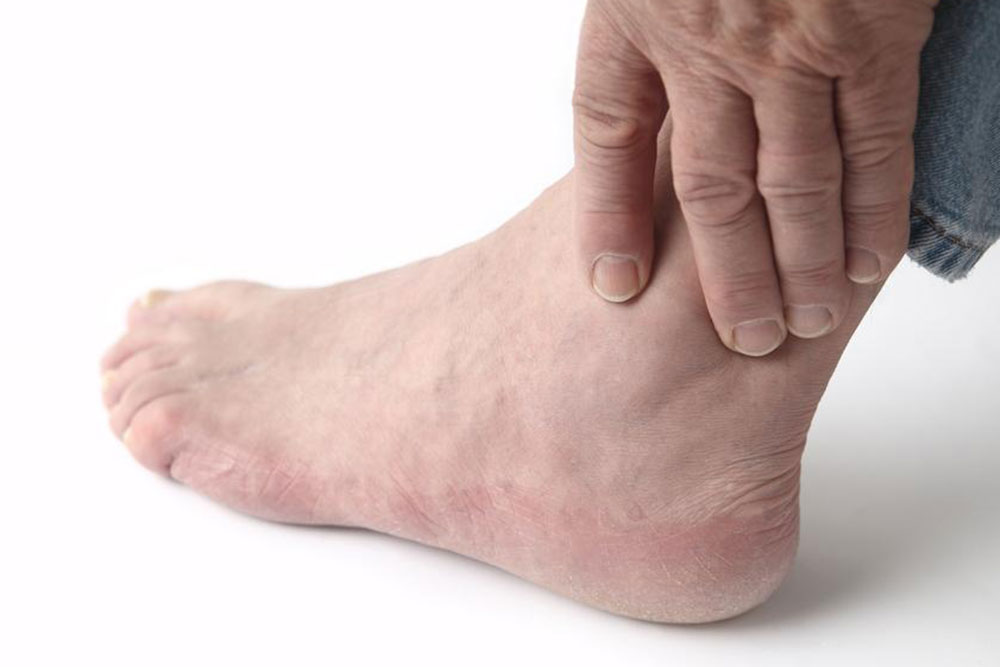Here’s how to deal with the different causes of tingling
Often when you sleep in the wrong position or sit cross-legged for a long time, you must have experienced a tingling sensation in your hands or feet. The cause of tingling feet and hands, in this case, is the pressure on nerves that gives you a pins-and-needles sensation. Although this is not a serious health hazard, if the tingling sensation continues for a long time, it might be time to consult a doctor.

One of the leading causes of tingling feet and hands is damage to the nerves. The nerves could be damaged due to various reasons. Tingling feet and hands do not often require any invasive treatments and can be easily treated with physiotherapy and medications. Here a few causes of tingling feet and hands and how to deal with them:
- Carpal tunnel syndrome : Carpal tunnel syndrome is caused due to the compression of a nerve in the wrist. It can usually occur if you spent too much time typing, working with power tools or play sports such as tennis or badminton. The compression of the nerve causes tingling in hands. Carpal tunnel syndrome is diagnosed with an EMG test and ultrasound. It can be treated with anti-inflammatory medications and physical therapy.
- Cervical or spinal stenosis : This occurs when the spaces in the spinal cavity start narrowing. This puts pressure on the nerve roots and the spinal cord. This invariably leads to foot tingling and tingling in the hands. Spinal stenosis is one of the serious causes of tingling. Stenosis is diagnosed using a CT or MRI scan. Depending on the severity of its effects, stenosis can be treated by epidural injections, physical therapy, and surgery as well.
- Multiple sclerosis : Multiple sclerosis occurs when there is scarring in the brain tissue or the spinal cord. Along with double vision, bladder- or bowel-control problems, clumsiness, tingling hands, and foot are one the symptoms of this degenerative disease. These symptoms can be treated with medications, and the progress of the disease can be slowed down as well.
- Systemic diseases : Systemic diseases include liver disease, hypothyroidism, kidney disorders, connective tissue disorders, benign tumors, and cancer. These can cause damage to the nerves and lead to numbness and tingling sensation. There is no simple way to deal with this, other than following what your doctor prescribes.
- Nerve injury : There might be nerve injury caused due to an accident. A dislocated bone or a herniated disc can also compress, damage or crush a nerve leading to nerve injury. This may bring about tingling of feet and hands. Depending on the extent of the injury, it can be treated with physiotherapy, medications and some rare cases, surgery as well.
Disclaimer:
The content provided on our blog site traverses numerous categories, offering readers valuable and practical information. Readers can use the editorial team’s research and data to gain more insights into their topics of interest. However, they are requested not to treat the articles as conclusive. The website team cannot be held responsible for differences in data or inaccuracies found across other platforms. Please also note that the site might also miss out on various schemes and offers available that the readers may find more beneficial than the ones we cover.




